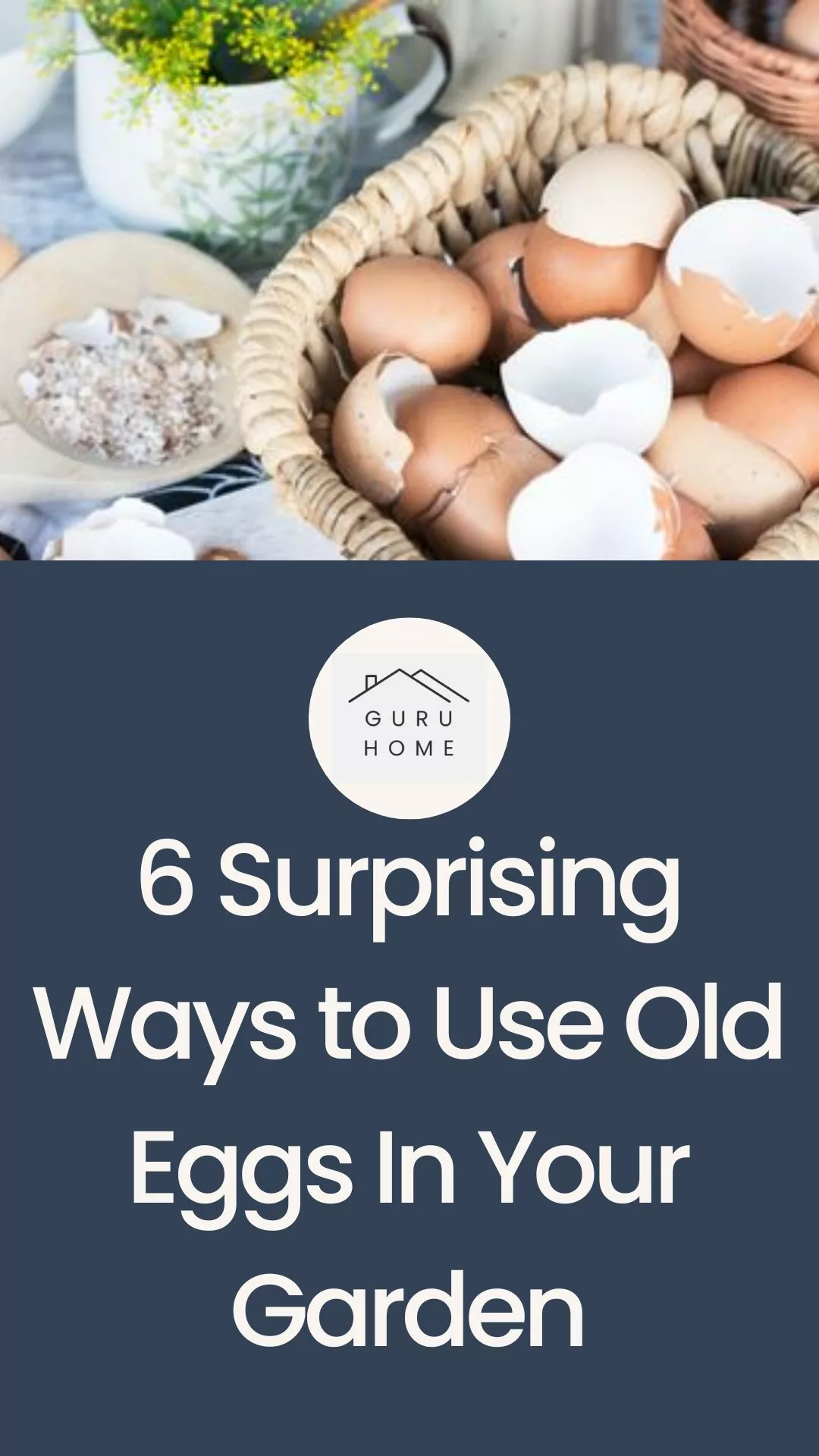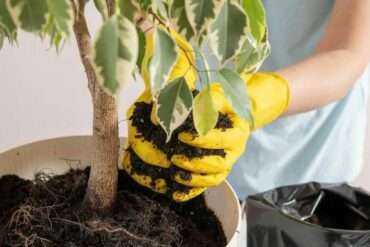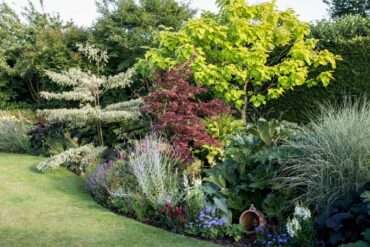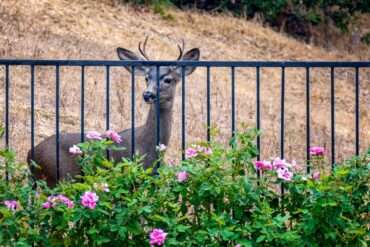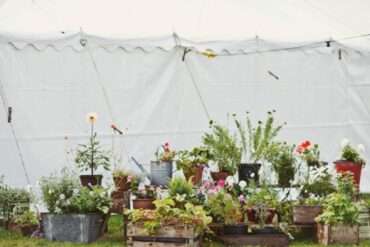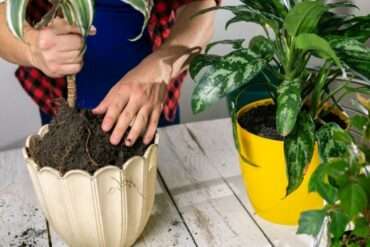Table of Contents
You might be among those that purchase additional eggs as Easter draws near in order to keep up with the Easter Bunny! It takes a lot of planning and dyeing eggs to make the ideal egg hunt and eat plenty of hard boiled eggs with loved ones. You might have a ton of extras (and some that are almost bad for spoiling) after the celebrations. You might be surprised to learn, though, that these eggs can really help your spring garden grow stronger and healthier than before! These are some excellent methods for utilizing leftover eggs, utilizing their calcium, phosphorus, and other nutrients that are essential for healthy soil and plants.
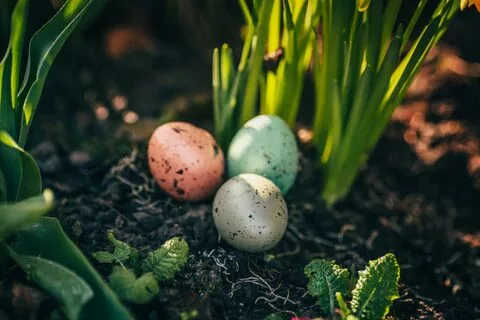
How to Test Your Eggs
Take a big dish and add cold water to it. Check to see where your egg lands when you put it in the bowl. The egg is expired and shouldn’t be consumed if it floats. You can still eat the egg even if it sinks!
In general, if the egg shell shows no indications of cracking or lining, it will remain “good” even after its expiration date. After the expiration date, store them in the refrigerator for up to four weeks. It’s preferable that you start planting after that!
Create Your Own Compost
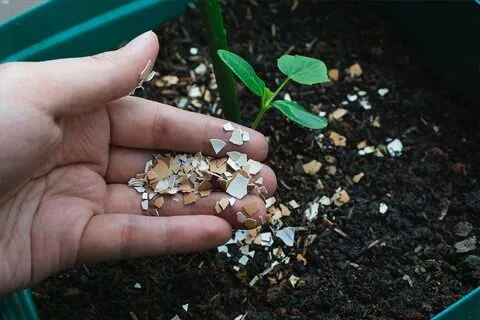
Don’t simply discard the eggshells after cooking some eggs for breakfast. In fact, they make excellent composting materials since they decompose quickly and decrease food waste. They produce simple, thick compost and are high in nutrients. Ensure that the shells are crushed to a fine texture. Your compost will be created more quickly the smaller they are. Disperse the shells evenly around your planters or garden beds, then observe as your seeds sprout and grow tall during summer.
Use the Shells as Deterrents
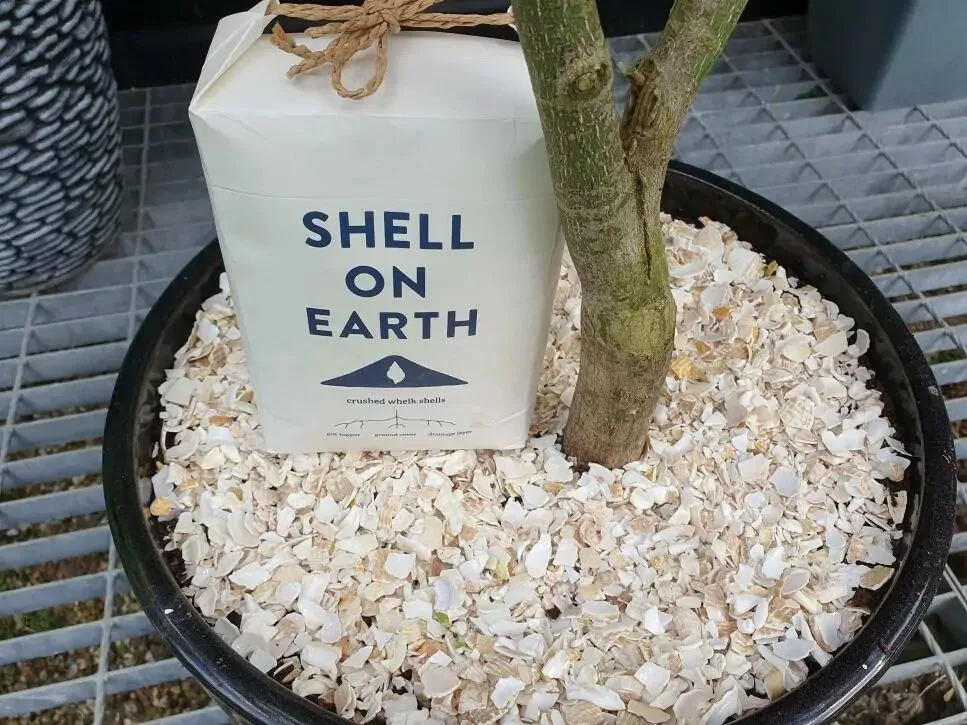
You can scatter egg shells throughout your garden beds to keep pests from creeping in. Slugs are irritated by the harsh edges of the shells and will avoid your garden as a result. To keep slugs out of your garden, scatter the shells about its perimeter. Additionally, wandering cats are deterred from using your garden as their own litter box by the shells!
Feed the Soil

Crushed shells are an excellent way to help the soil absorb minerals like calcium, phosphorus, and nitrogen from the eggs in your garden. To ensure that your soil is lacking in these areas and can adequately absorb all of the nutrients from the eggs, we advise evaluating the pH levels of your soil before attempting this method. By adding shells to your garden, you can transform dry, finely grained, or loose soil into one that is moist, dark, and ripe for growth.
Please be aware that placing raw eggs in the ground is not advised as the stench will draw bugs and contaminate your entire area. One clever method to treat blossom end rot, which is prevalent in tomato plants, is to bury whole eggs next to the plants. The eggs will strengthen your plants by assisting the soil in absorbing vital nutrients.
Feed the Birds
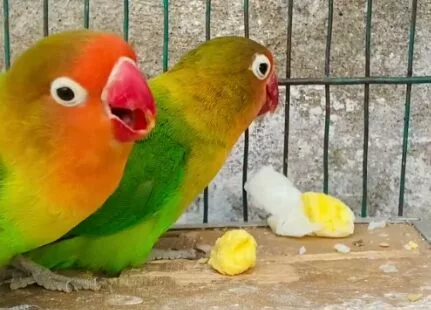
Our bird feeders add color to any landscape, but you could also use your unused eggs to feed them! Incorporate crushed shells into your garden to provide sustenance for the nearby avian population, preventing them from stealing your food. The birds obtain nutrients and an easy target from the shells! It’s always a good idea to save your eggshells so you may distribute them in your garden and support the community for this reason alone.
Get Started
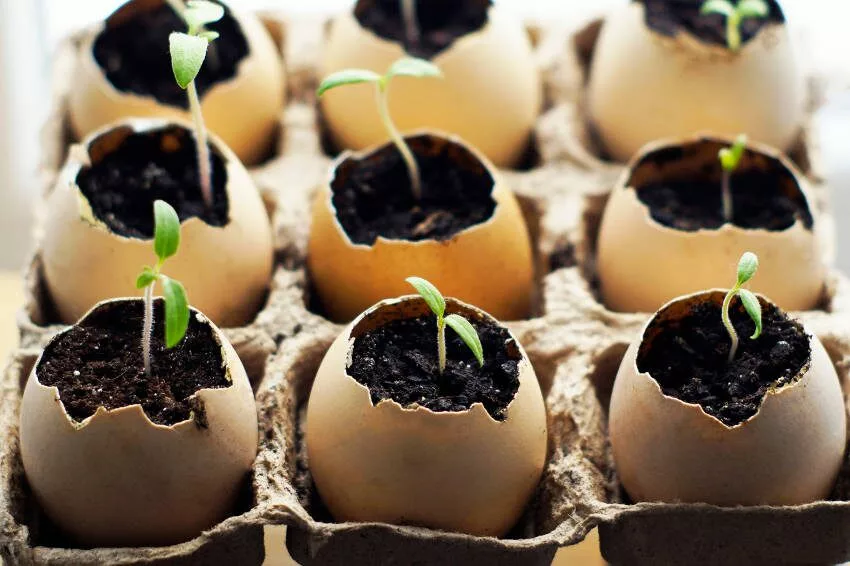
Use the bottom half of an eggshell to aid in the germination of fresh seeds in your garden! Plant a seed in the yolk of an egg when you crack it open. Seed sprouting will be aided by the nutrients. Make sure to break up the remaining eggshell before planting it so that it disperses throughout your planters or pots.
Help Out Struggling Plants
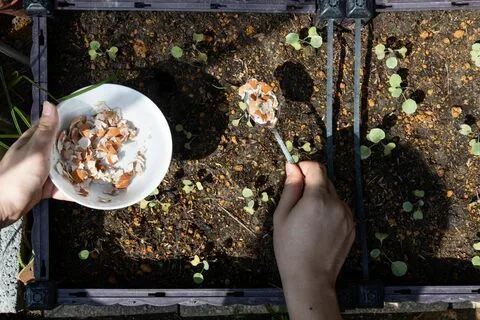
Blossom end rot is a possible growth in some plants. This disease is brought on by a lack of calcium in the soil, which affects the plants. The plants’ inability to control their water intake stunts their growth. The next year, when you plant an entire egg beside your plant, the plant might benefit from an increase in the amount of calcium in the soil.
These gardening techniques can appear a little strange, but the results speak for themselves! Try some new techniques to prevent food waste if you’re having trouble growing seeds this spring and you have a lot of extra eggs or eggshells from Easter. This year, it will definitely liven up your garden or lawn. Also, take a look at our Easter inflatables if you’re searching for something gaudier! It would make the Easter Bunny proud!

